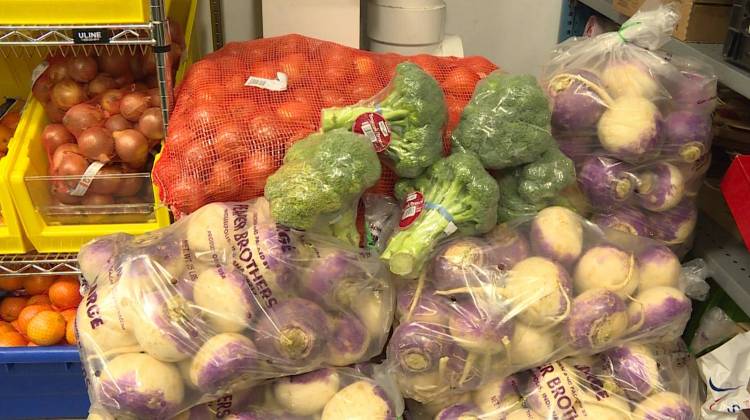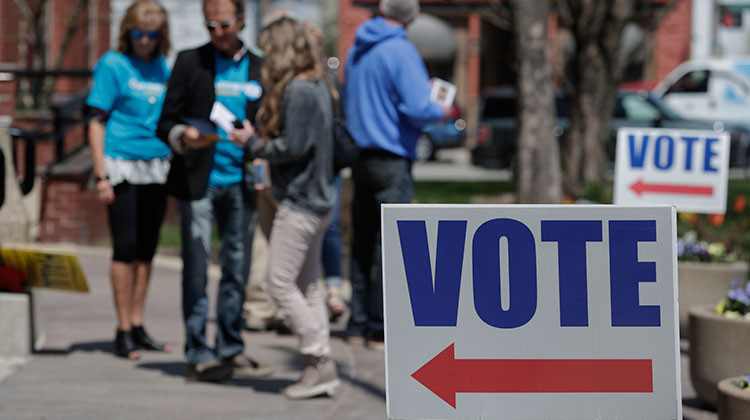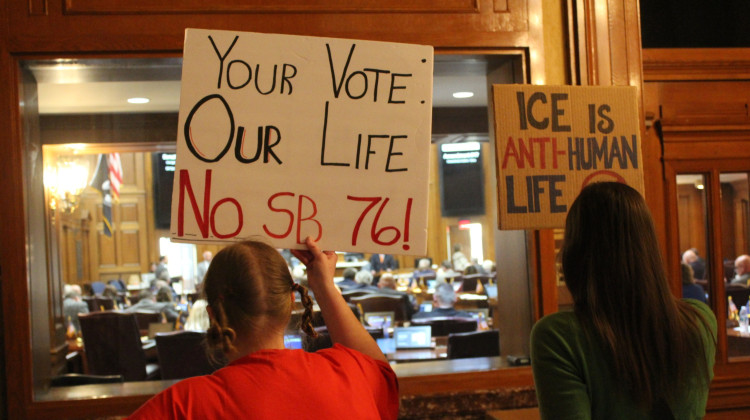Federal funding has helped provide food to people in Marion County during the past year and a half but levels of food insecurity are still higher than pre-pandemic years.
A new report from Indy Hunger Network found 25 percent of people in Indianapolis struggled to get enough food this year. That’s improved from a pandemic high of 28 percent in 2020.
The most recent look at food response finds that federal programs including SNAP and WIC helped people connect with more nutritious food. Indy Hunger Network Executive Director Kate Howe said lack of access is still the main concern.
“How do we help people to connect to as many resources as possible and the best resources as possible?” Howe said.
Howe said other programs, including USDA family food boxes, school meals, and increased aid to food banks helped close the meal gap.
Pre-pandemic, about 20 percent of Marion County residents were food insecure.
Howe said more should be done to fix the root of the food insecurity problem.
“It’s an issue of poverty and really improving the economic condition of folks in our community,” she said.
Food supply doubled in Marion County during the pandemic.
Families also reported improved nutrition, with nearly 13 percent of households eating nutritious meals regularly compared to 4.7 percent in 2017.
Black families in Indianapolis continue to face disparity, being twice as likely to have food insecurity as white families.
SNAP provides 46 percent of all food assistance. Gov. Eric Holcomb has said emergency SNAP benefits should continue in Indiana.
 DONATE
DONATE








 Support WFYI. We can't do it without you.
Support WFYI. We can't do it without you.